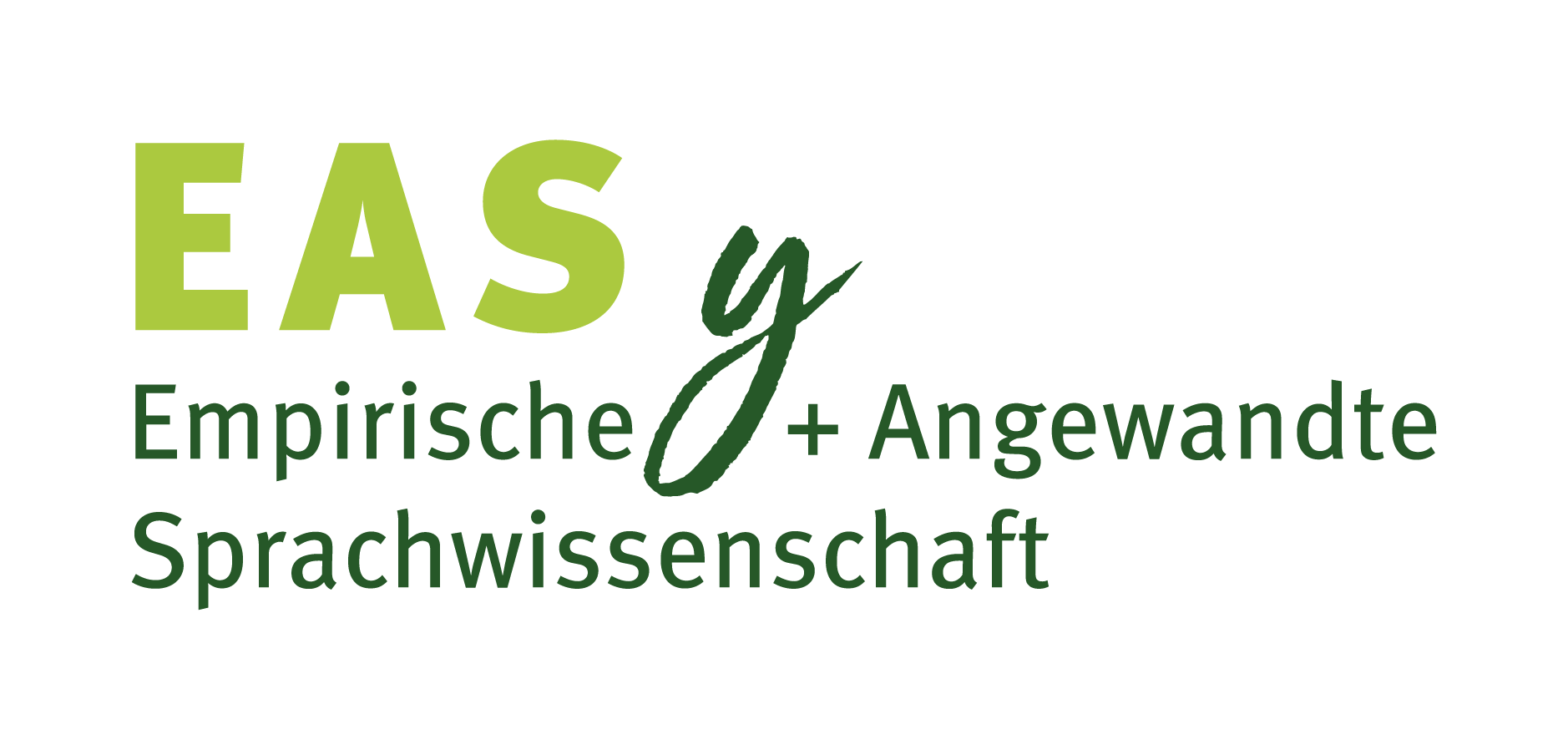Indo-European Linguistics
Objective
Specializing allows students to focus their studies on one of the linguistic disciplines. Indo-European Linguistics is one of the specialization options. The module builds on the knowledge acquired in the compulsory modules and is complemented by elective courses and the practice module. The master's thesis is written in the subject area of the specialization module.
Course content
This module covers content that constitutes the discipline of Indo-European Linguistics. Students become familiar with the most important research in the field of Indo-European phonology and morphology. The module also gives an overview of the Indo-European language family and the contribution of its members to the reconstruction of Proto-Indo-European. These topics are covered in an introductory way in the lecture. In the first seminar, the knowledge gained and the ability to work historically and comparatively will be strengthened using the example of an ancient Indo-European language. In the second seminar, selected questions of Indo-European cultural studies, written history, and etymology are discussed and the relevance of historical language observation for cultural reconstruction is explored using numerous examples. The module creates a starting point for further Indo-European studies and provides an understanding of Indo-European language typology.
Learning outcomes
Students will have learned the methodology of linguistic reconstruction and the theoretical presuppositions of the basic ancient Indo-European languages as well as practiced using historical grammars and etymological dictionaries. They will have acquired or expanded their ability to critically reflect on questions and research in Indo-European linguistics and to evaluate them in their historical, cultural, and philological contexts. In direct, discursive exchange with other seminar participants, students will have expanded their ability to develop critical and scientifically justified positions and to represent them argumentatively, as well as to reflect on their own opinions and views in perspective.


